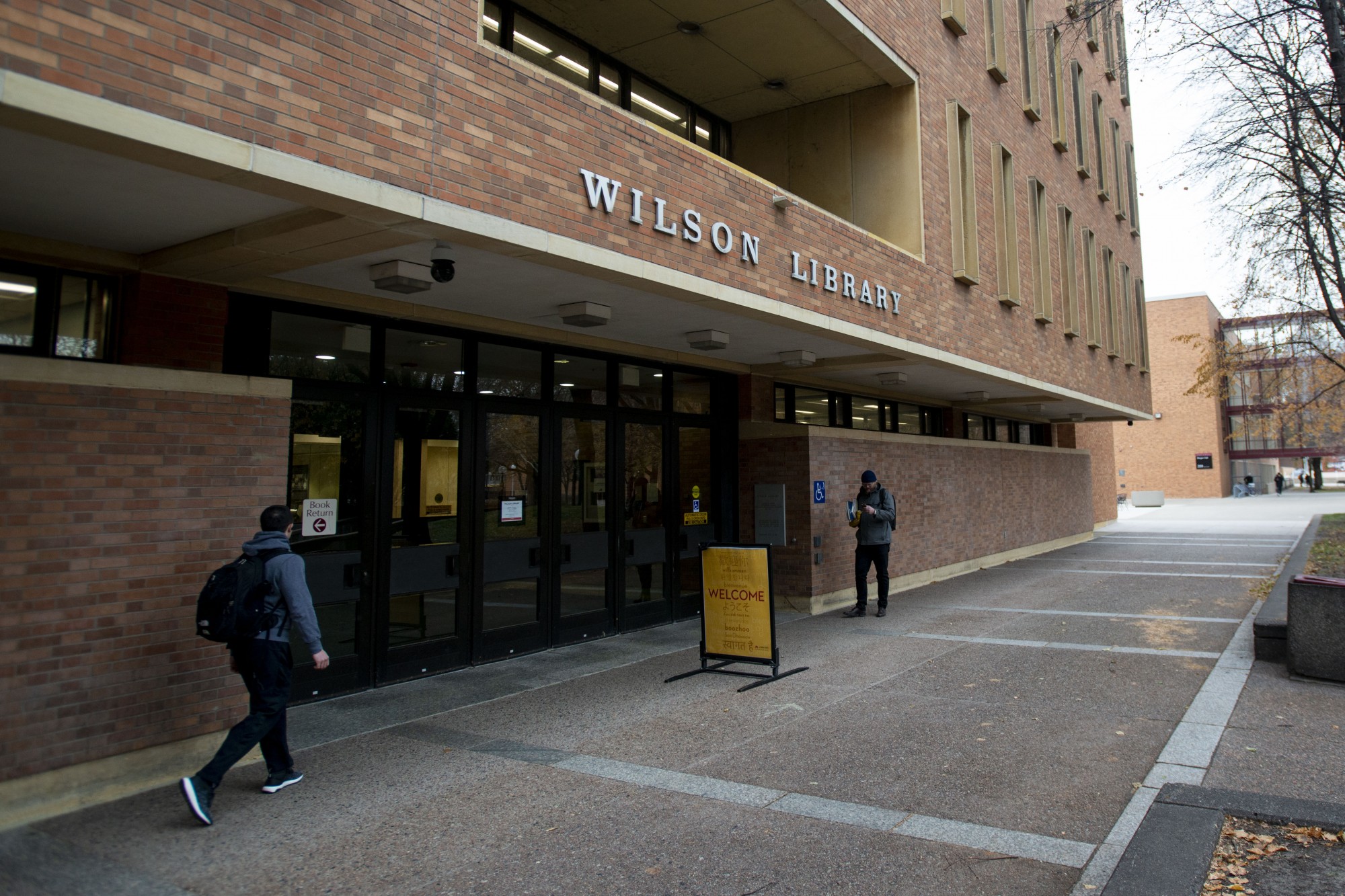To help students who spend a majority of their time on the University of Minnesota’s West Bank campus, Boynton Health will soon open a new mental health space for easier access to services.
The space will mirror Boynton’s mental health clinic on East Bank but on a smaller scale, with three to four counselors available to meet with students. While the space has no official location yet, it will likely be within or near Wilson Library, said Maggie Towle, interim vice provost for student affairs and dean of students. The goal is to have the space completed by early spring semester.
“We know there’s a need over there on the West Bank for mental health services,” Towle said.
West Bank currently has several programs to support student mental health, including the Let’s Talk program, which provides drop-in informal consultations for students. Additionally, the University Law School created a Welcome and Wellness Room last year, giving students a space to de-stress and take a break from school.
Towle said the next steps are finalizing the location and estimating the renovation cost. The project will be funded by Boynton Health.
The Office for Student Affairs is collaborating with University Services and Boynton Health to complete this project.
“It has been a fabulous effort from students, staff, faculty and deans to really make this happen,” Towle said. “It’s really enjoyable to have everyone come together on something as important as supporting our students’ mental health.”
Towle said she first learned about the effort to create a mental health space on West Bank over the summer. She heard representatives from multiple West Bank colleges were discussing the issue of mental health services on the campus.
West Bank representatives began meeting over a year ago to discuss mental health resource accessibility. Erin Keyes, the Law School’s assistant dean of students, said they saw a need for increased support for student mental health and heard from students that there needed to be additional resources.
“There are so many barriers in terms of psychological barriers and timing barriers,” Keyes said. “The more impediments you put between the student in need… the more likely that student will not get help.”
Emily Curran is a first-year law student who said she regularly uses the law school’s Welcome and Wellness Room. Having more spaces for mental health would help students on West Bank who do not have free time in their day to travel across campus, she said.
“I know that counseling services exist on East Bank, and even though it seems silly that, you know, we’re really not that far away, West Bank and East Bank, it feels pretty far,” Curran said. “I do think something here on West Bank would help a lot of West Bank students.”
Law student Bree Crye also said they frequently use the Welcome and Wellness room and that they believe additional spaces would benefit all students.
“Nowadays, everyone is trying to destigmatize mental health and mental health needs, and it’s finally getting more of the attention that it deserves,” Crye said. “I think that having more access to those resources is great. It could really make a difference for a lot of students [and] a lot of people.”







